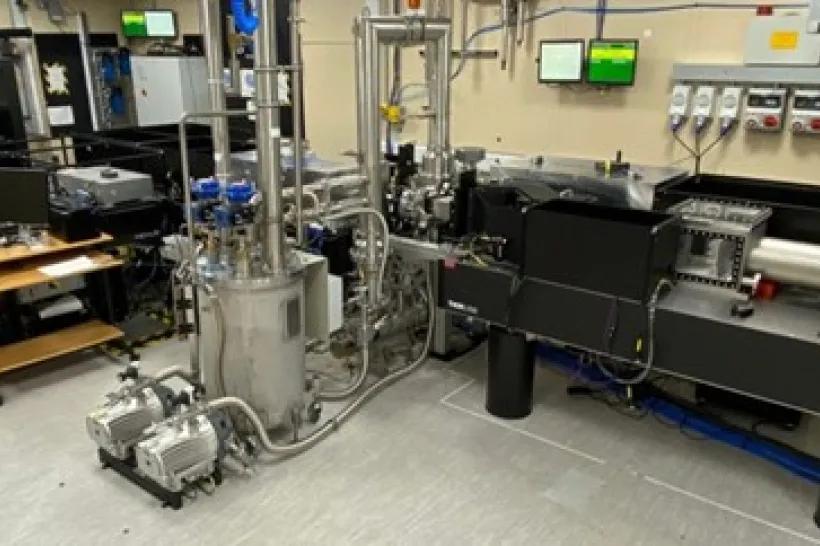Research
The Telescope Array Collaboration Detects an extreme-energy Cosmic Particle Named 'Amaterasu'
In a ground-breaking discovery, the Telescope Array Collaboration has detected an extremely energetic particle, named "Amaterasu" after the Japanese celestial sun goddess. This cosmic rays event surpasses the energy achieved by artificial particle accelerators by more than a million times. The origins of such high-energy particle remain mysterious, as tracing back the arrival direction does not reveal an obvious source, for example a galaxy.
Material genetics will be pursued by the AMULET project, which succeeded in the Excellent Research Call
Multiscale materials are assembled from different types of nanomaterials, which themselves have unusual properties. By combining and integrating them into higher-order hierarchies, smart matter with unique functionalities and surprising applications in many different fields can be obtained. A consortium of eight partners from academia and research, led by the J. Heyrovský Institute of Physical Chemistry of the Czech Academy of Sciences, has received financial support from the Programme Johannes Amos Comenius of the Ministry of Education, Youth and Sports. Specifically, it was the Excellent Research Call aimed at supporting research with the potential for excellent results applicable in practice.
Breakthrough in liver organoid development to enable more efficient drug testing – with the contribution of scientists from the Institute of Physics
The PRO-EURO-DILI Network, an international consortium of scientists investigating drug-induced liver injury, including scientists from the Laboratory of Biophysics, Division of Optics, Institute of Physics of the Czech Academy of Sciences, has presented a revolutionary advance in the development of liver organoids. The results of the research have been published in the prestigious Experimental and Molecular Medicine journal belonging to the Nature family.
Taking a peek into the biological nano-universe. Barbora Špačková will build Dioscuri single molecule optics centre
The Max Planck Society has announced funding of the second Czech-German Dioscuri Centre at the Institute of Physics of the Czech Academy of Sciences (FZU). Its future director, Barbora Špačková, will focus on the development of new technologies providing new insights into the biological nano-universe. The centre has received five-year support of up to CZK 35 million and will start to operate in the summer 2024.








